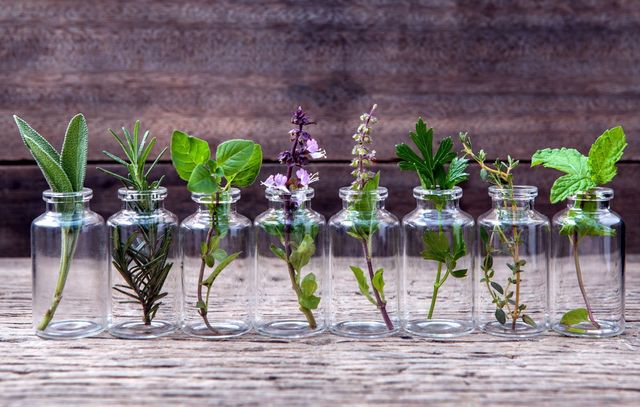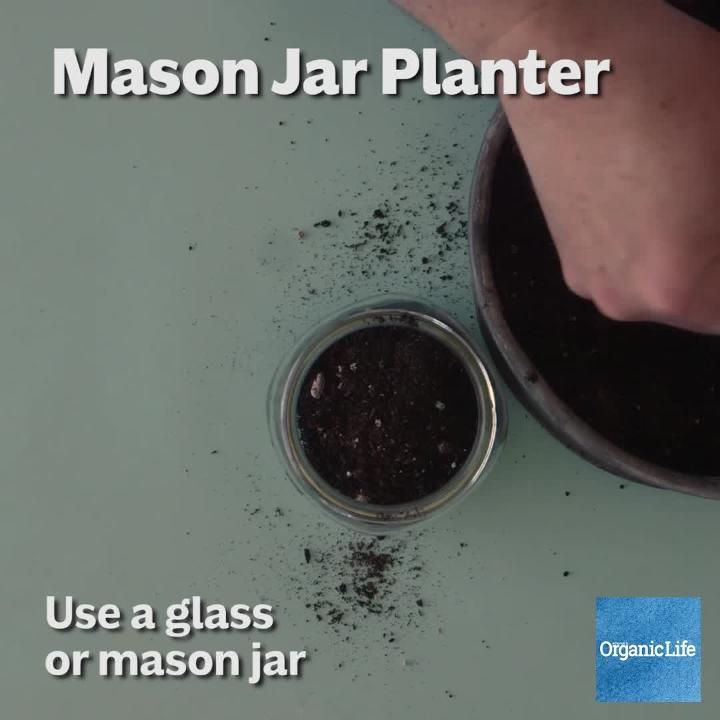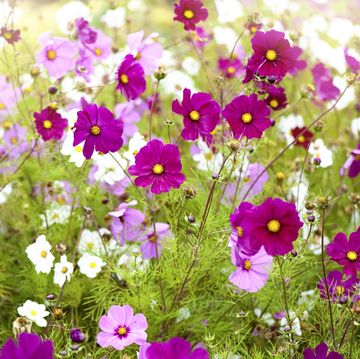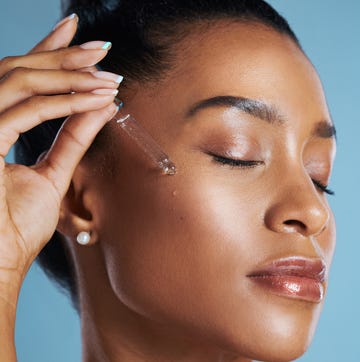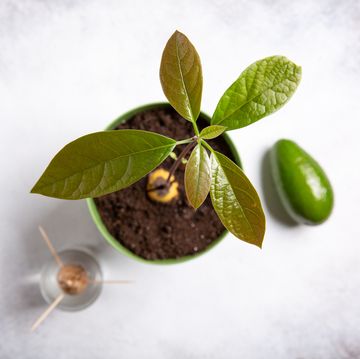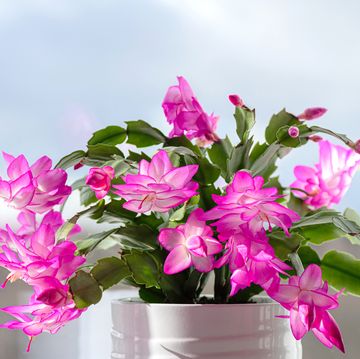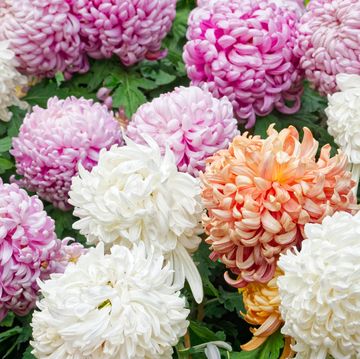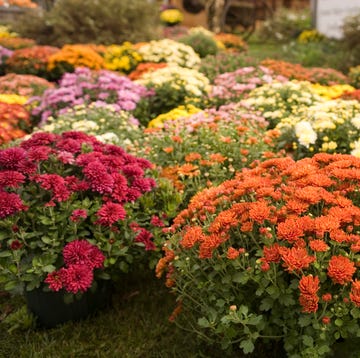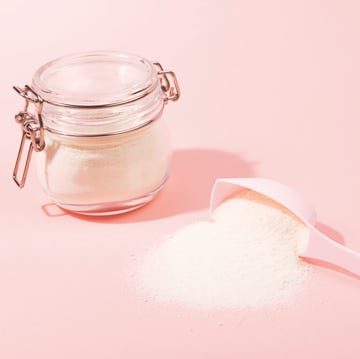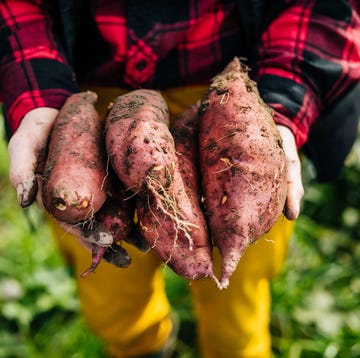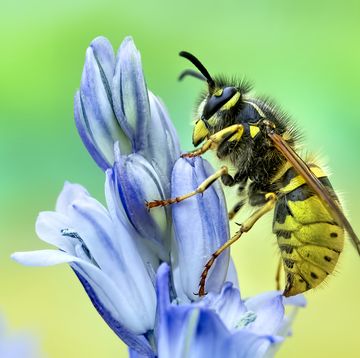This story originally appeared on Rodale’s Organic Life in July 2016.
With the recent resurgence in artisanal, organic, and natural products, medicinal plants are getting their moment in the spotlight, too. People have known for thousands of years that plants have potent curative properties, and essential oils are one of the best ways to deliver that medicine where it’s needed most. Unlike botanical beauty products, essential oils contain highly concentrated plant extracts. It’s these distilled essences that have the power to remedy a myriad of common aches, pains, and problems—from cramps to insomnia to the occasional stubborn zit—provided they’re used properly. Just like any other healing art, it takes time and knowledge to learn how to work with essential oils. Follow a few basic guidelines to truly unleash the power of essential oils, and avoid these 7 common pitfalls.
(Want to grow your own, but don't think you have room? Rodale's Edible Spots & Pots shows you how to grow anything anywhere—get your copy now!
Mistake 1: Underestimating the power of plants
Many people mistakenly believe if something is natural, it’s automatically good for you. Essential oils smell great, and many are derived from beautiful flowers, but that doesn’t mean their medicinal properties are necessarily the cure for what ails you. Do some research on what condition you’re specifically looking to remedy and consider what sensitivities or allergies you have before you spring for a bottle made of the prettiest flower, or the oil that smells best.
Related: 3 Essential Oils That Can Ease Your Allergies
Mistake 2: Applying oils in the wrong location
Take care to apply essential oils properly. Generally speaking, oils should be applied at four main locations: wrists, ankles, fingers, and behind the ears. However, oils work best when rubbed on the appropriate acupuncture site—if you want to mitigate your migraines, for example, research where, specifically, to dab that drop of oil. Similarly, don’t apply oils all over your body or face, just in case you have a reaction. Start with a small patch test instead.
Mistake 3: Neglecting dispersers
If you have particularly sensitive skin and don’t want to apply essential oils directly to your body, use a disperser. Dispersers work particularly well for oils used in aromatherapy, like lavender, rosemary, or rose. Filling a room with fragrance maximizes your exposure to the oil’s curative effects.
Related: 5 Essential Oils That Can Keep You Calm At Work
Mistake 4: Not boosting essential oil remedies with other treatments
Pair essential oils with other relaxing, healing treatments like massage, or hot and cold compresses. Heat and massage increase circulation, helping to distribute oils more effectively. Cold can reduce pain and inflammation, giving essential oils a chance to work their magic. Rose oil, for example, goes well with a hot steaming bath to help distribute the flower’s rich, floral scent: the plant’s properties alleviate anxiety and stress, and the hot, bubbly tub doesn’t hurt either.
Mistake 5: Neglecting quality
Just as you would squeeze and smell a peck of peaches before making a purchase, the quality of essential oils is important too. Essential oils are made from perishable, seasonal products, and both the plant extract and the oil will affect product quality. If you’re serious about using essential oils as medicine, check with an expert on which brands are best. Artisanal, local, or even homemade products generally leave out harmful stabilizers and by-products like parabens.
Related: The Only Moisturizer You Need
Mistake 6: Overlooking carrier oils
Essential oils are often pre-blended with what’s known as a carrier oil (such as shea butter, coconut oil, etc.). Choose a carrier that suits your purpose: grapeseed oil is thin and great for massages, while jojoba oil is a super moisturizer for skin and hair.
Mistake 7: Limiting yourself to one single oil at a time
Essential oils love company, so don’t be afraid to pair up some of your favorites—provided they don’t have conflicting properties. Rosemary and peppermint are a perfect duo to harness greater mental clarity, while basil, ginger, and frankincense will help boost your energy levels on those humdrum days.
